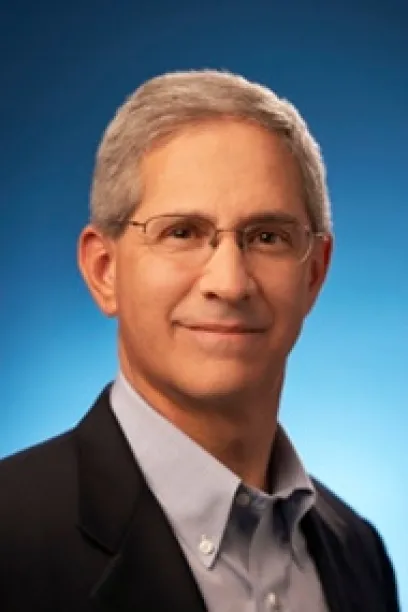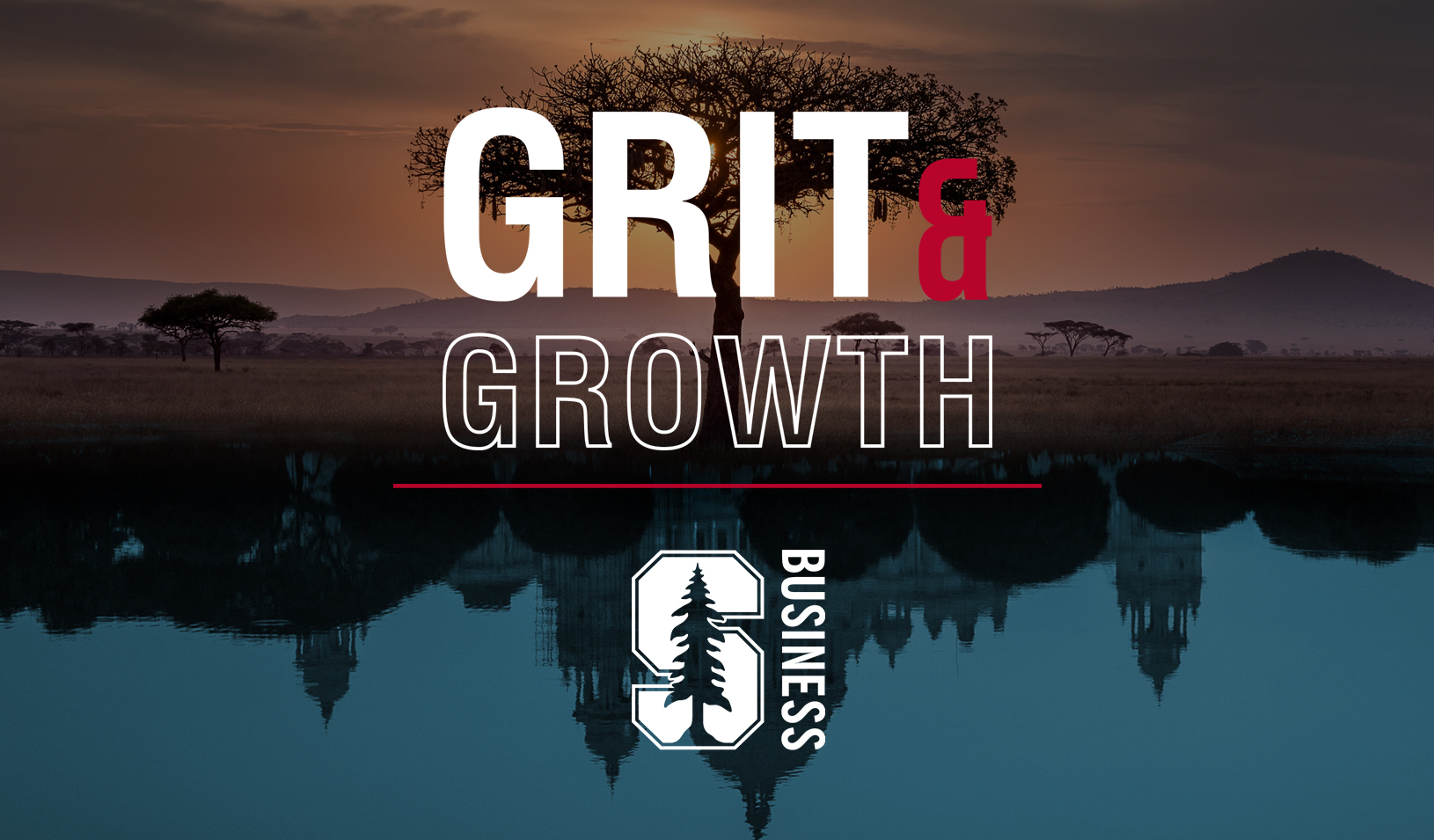“Focus, and Then Focus Some More”
Serial entrepreneur Steve Poizner discusses the importance of bold thinking.
November 09, 2012

Steve Poizner, entrepreneur
Whoever said politicians don’t create jobs hasn’t met Steve Poizner. This serial entrepreneur and former 2010 California gubernatorial candidate is on his third startup. His last company, SnapTrack, brought GPS technology to mobile phones and sold to Qualcomm for $1 billion in 2000. In October he launched Empowered, a partnership with UCLA Extension that offers training for adults who want to change careers or upgrade their job skills. He earned his MBA from Stanford Graduate School of Business in 1980.
In 10 words or fewer, what is the big idea behind your business?
Disrupt education and help boomers switch careers by closing the skills gap online.
What is the best advice you’ve ever received?
Burt McMurtry, former chairman of Stanford’s board of trustees and an early investor in my past companies, told me: “Focus until you think you’ve focused too much, then focus some more.” Focus is particularly difficult with startups. It is so easy to go after multiple segments and niche opportunities but it is best to focus like a laser beam on one or two opportunities. Once you master your products or services in a small area, you can expand from there.
What was the most difficult lesson you have learned on the job?
Putting the right people in the right job. When people don’t work out, sometimes it’s the person but often it’s the hiring manager who does not fully understand the skills of the person he or she is hiring. I’ve hired a large number of people and I have gotten better over time, but it’s still difficult. In one of my companies I needed a VP of sales who was also very entrepreneurial. I looked for someone with a lot of experience, seasoning, and depth but he didn’t work out. He had lost the fire in his belly. It was a total mismatch and caused us to lose time. There are a few ways you can improve your hiring decisions: Interview a broad group of people. Bring those people in front of your entire management team and your board. Ask everyone to look for issues or signs that person is not the right fit. Combine all of that feedback with extensive reference checks. Anyone can give you a list of people who will say nice things about them. Call the people who are not on the list.
What advice would you give other entrepreneurs on how to build a great business?
Think big and build diverse, high-quality teams. Small problems can take as much time as big problems, so you should make it all worthwhile. With every organization I have ever built or run, the key to our success was putting together diverse, high quality teams. Taking on big problems that impact the world requires massive amounts of intellectual power, and that can’t be done by a couple of people who have the same viewpoints. When I took office in 2007 as the insurance commissioner for California, I wanted to assemble a diverse team of senior people. We hired republicans, democrats, and independents, as well as people from the insurance industry and consumer advocacy groups. The diversity of the team led to lively debates. When I made important, multibillion-dollar decisions they were based on understanding every aspect of the problem.
What inspires you?
I’m inspired by the idea of people changing our country. I’ve focused on job creation, innovation, and education my whole career. I am driven by the idea that California and the country need to continue to be the innovation capitals of the world. Education is key to our state and country’s future. My current startup taps into my passion for education, as well as my high-tech background and previous work as a public official.
What is your greatest achievement?
I’ve been fortunate to have a bunch of entrepreneurial opportunities. If I had to pick one, I’d say the White House fellowship. They choose 10 people each year from 1,000 applications. You can work for someone senior in the executive branch. In 2001 I was assigned to work with the National Security Council in the Counter-Terrorism group. My boss was Richard Clarke, who was the Counter-Terrorism czar for multiple presidents. I worked on a number of projects, including how to protect our banking system, power grids, and the internet from cyber warfare attacks.
What do you consider your biggest failure?
When I ran for California governor in 2010 against Meg Whitman, who beat me in the Republican primary. I’m really concerned about California’s economy and the high unemployment rate. As governor I could have tackled problems in our education and economic engine.
What values are important to you in business?
Open and honest communication. Problems fester when teams are not open and honest, especially with diverse teams where there are a lot of differences of opinion. As a leader you need to create a culture that rewards and promotes honesty, even if you disagree with something. It is also important to be bold — especially if you are an entrepreneur and you want to impact the country and change the world. That takes guts and courage.
What impact would you like to have on the world?
I want to create an environment where entrepreneurs can thrive. Entrepreneurship and innovation are being threatened by a subpar education system. I would love to continue to work on projects that foster innovation. I’m proud of my current venture. It’s about education and skills training and getting people into positions where they can have an impact.
What was your first paying job?
I’m 55. That was a long time ago! When I was 15 in Houston, Texas, I was an usher in a movie theater. I made $1.10 an hour. I learned there what it meant to work hard and be a good employee. The first movie that played when I started in 1973 was The Godfather. I saw that movie 60 times and can quote chapter and verse.
What is the best business book you have read?
Thomas L. Friedman’s The World Is Flat. It described for me the chief problem in California. California helped create much of the technology that enables entrepreneurs all over the world to build businesses, which means those jobs no longer need to be in the U.S. or California. Friedman does an excellent job of describing how urgent it is to stay competitive in education and job creation.
What businessperson do you most admire?
Steve Jobs. He was a phenomenal entrepreneur. In our call center there are so many Apple products! Jobs was a big, bold thinker who created some amazing, massive, disruptive breakthroughs.
What is the most valuable thing you took away from your time at Stanford?
I had come right out of The University of Texas undergrad and was the youngest guy in my class. It was a growing experience. I am analytical by nature so quant classes were easy for me, but I learned the most in organizational behavior. That is where I first learned leadership skills that drive great teams. Thirty years later, I can say that class helped me make the biggest impact.
What do you think is the greatest innovation in the past decade?
Putting GPS receivers in cell phones. We were told by venture capitalists that it was impossible because you can’t see satellites from inside a building. So we came up with new approaches to make it work. It was a massive breakthrough that has had a big impact on multiple industries and lots of people’s lives.
For media inquiries, visit the Newsroom.
Explore More

Creating a Culture of Healthy Debate

Survival and Growth: Franchising in Africa



